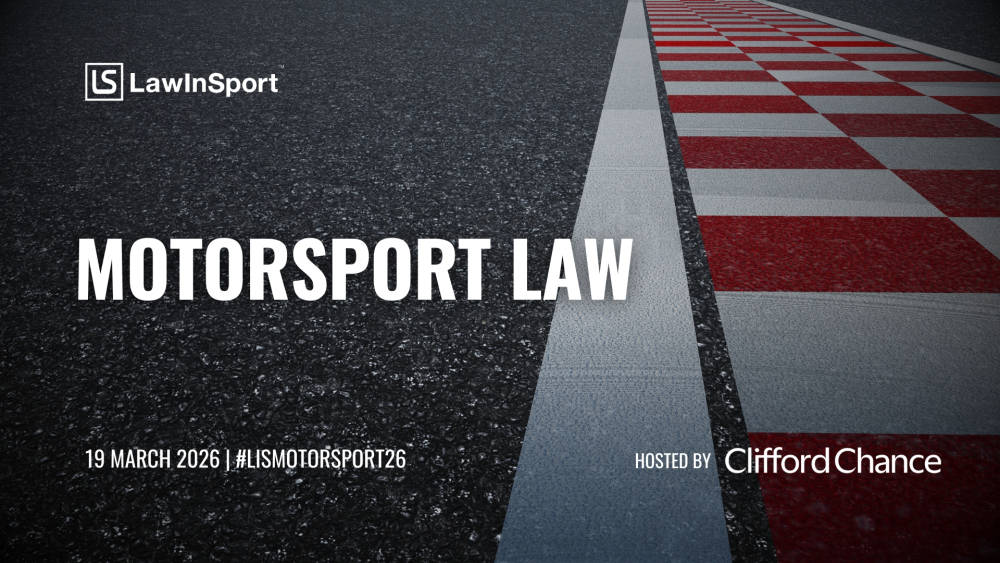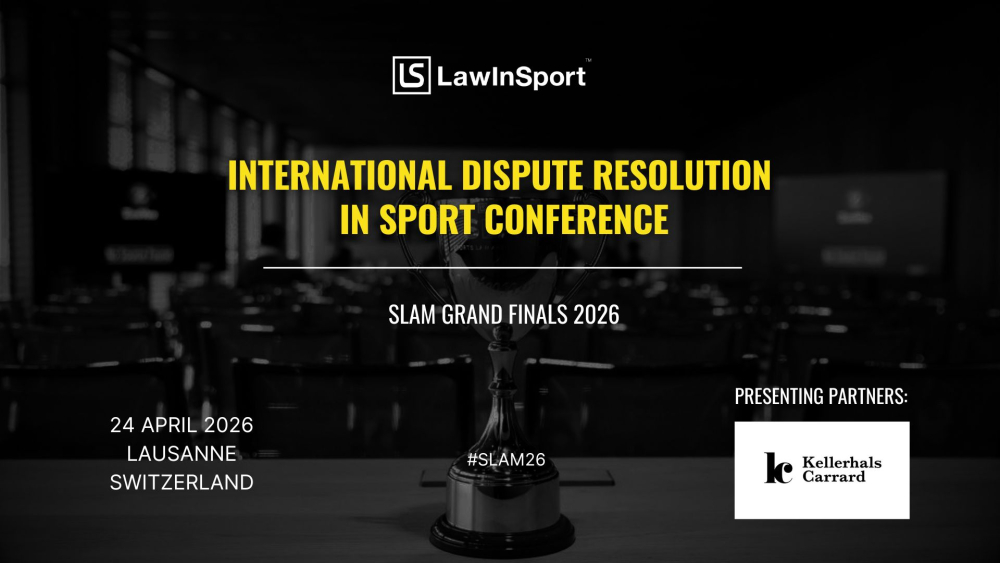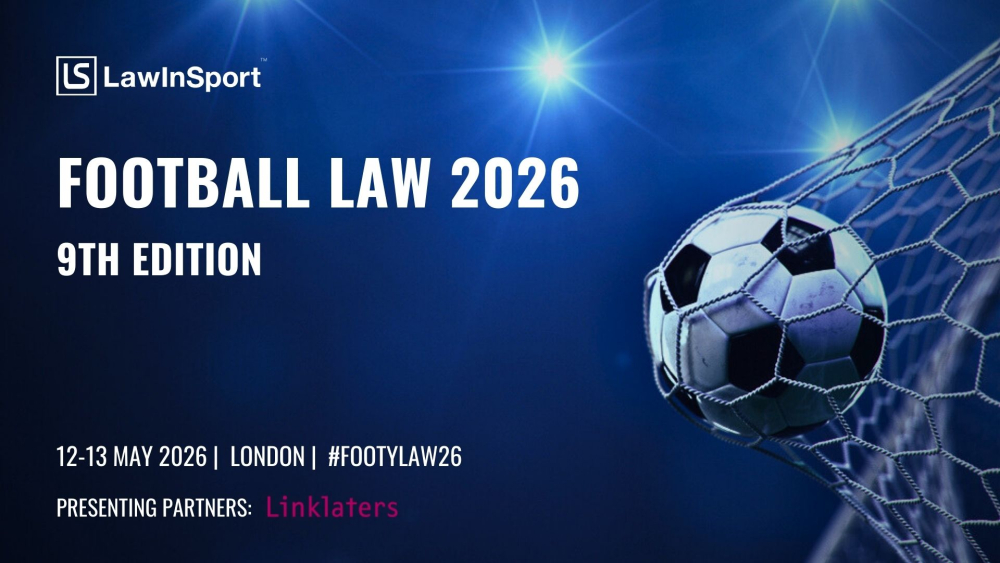Richard Gasquet Cleard
Sunday, 20 December 2009
Lausanne, 17 December 2009 - The Court of Arbitration for Sport (CAS) has rendered its final decision in the arbitration between the International Tennis Federation (ITF), the World Anti-Doping Agency (WADA) and the French tennis player Richard Gasquet: the player has been exonerated from any fault or negligence and the CAS has dismissed the appeals filed by the ITF and WADA.
On 15 July 2009, an anti-doping tribunal constituted by the ITF declared the player ineligible for a period of two months and fifteen days commencing on 1 May 2009 following a positive anti- doping test for the prohibited substance benzoylecgonine, a cocaine metabolite which was present in the urine sample provided by the player at the ATP tournament in Miami on 28 March 2009. On, respectively, 4 and 10 August 2009, the ITF and WADA each filed an appeal with the CAS requesting that the player be sanctioned with a period of ineligibility of between one and two years.
The case was referred to a panel of CAS arbitrators composed of Mr Luc Argand, Switzerland (President), Mr David W. Rivkin, USA and Mr Dirk-Reiner Martens, Germany. A hearing was held at the CAS headquarters in Lausanne on 10 November 2009, during which the parties, their legal representatives and their witnesses and experts were heard.
The CAS panel decided to dismiss the appeals after having found that in this particular case Richard Gasquet had not committed any fault or negligence within the meaning of the ITF Anti- Doping Programme. The CAS panel noted that a doping offence was correctly reported because of the presence of a minuscule quantity of benzoylecgonine in the player’s urine, but that it was not the result of a fault or negligence of the player. The panel based its ruling on the evidence provided by the experts called by both the player and the ITF, who agreed that the amount of cocaine metabolite was so minute that it must have reflected incidental exposure, rather than use in the amounts commonly taken by social users of cocaine. Furthermore, it was also established that the player was clearly not a regular cocaine user, even in very small amounts. As a consequence, the possibility of contamination became the most plausible explanation justifying the presence of cocaine metabolite in the player’s urine.
On a balance of probability, the CAS panel concluded that it was more likely that not that the player’s contamination with cocaine resulted, as Gasquet always asserted, from kissing a woman in a nightclub in Miami on the day before the anti-doping test and that the player had met the required standards of proof with respect to the way of ingestion. The parties’ experts agreed that the minute amount of cocaine could have been transferred in this manner. The arbitrators added that it was impossible for the player, even when exercising the utmost caution, to know that in kissing a woman who he had met in a totally unsuspicious environment, he could be contaminated with cocaine. The CAS did not formally annul the decision of the anti-doping tribunal considering that Richard Gasquet did not file an appeal himself against the two and a half month ban. However, the CAS has specified in its award that, in case of any subsequent doping infraction, the present case should not be counted as a first doping offence.
The full award, with the grounds, is published on the CAS website. Click here
To continue reading or watching login or register here
Already a member? Sign in
Get access to all of the expert analysis and commentary at LawInSport including articles, webinars, conference videos and podcast transcripts. Find out more here.



